Is Netflix Going to Continue the Travelers Series
While shows about time travel are nothing new, it's rare to find one that quickly rose to popularity like Travelers. Originally produced by Showcase before Netflix took over, this show focuses around agents from the distant future called "Travelers" who transfer their minds into host bodies in the past (aka the present day) to prevent several disasters from happening.
Despite its critical acclaim over three seasons and teasing a potential fourth season, it was announced by the series' main actor/producer Eric McCormack that Travelers had been canceled. So to commemorate this show, let us examine what it revealed about the future.
10/10 A Singularity Engine Almost Gets Invented
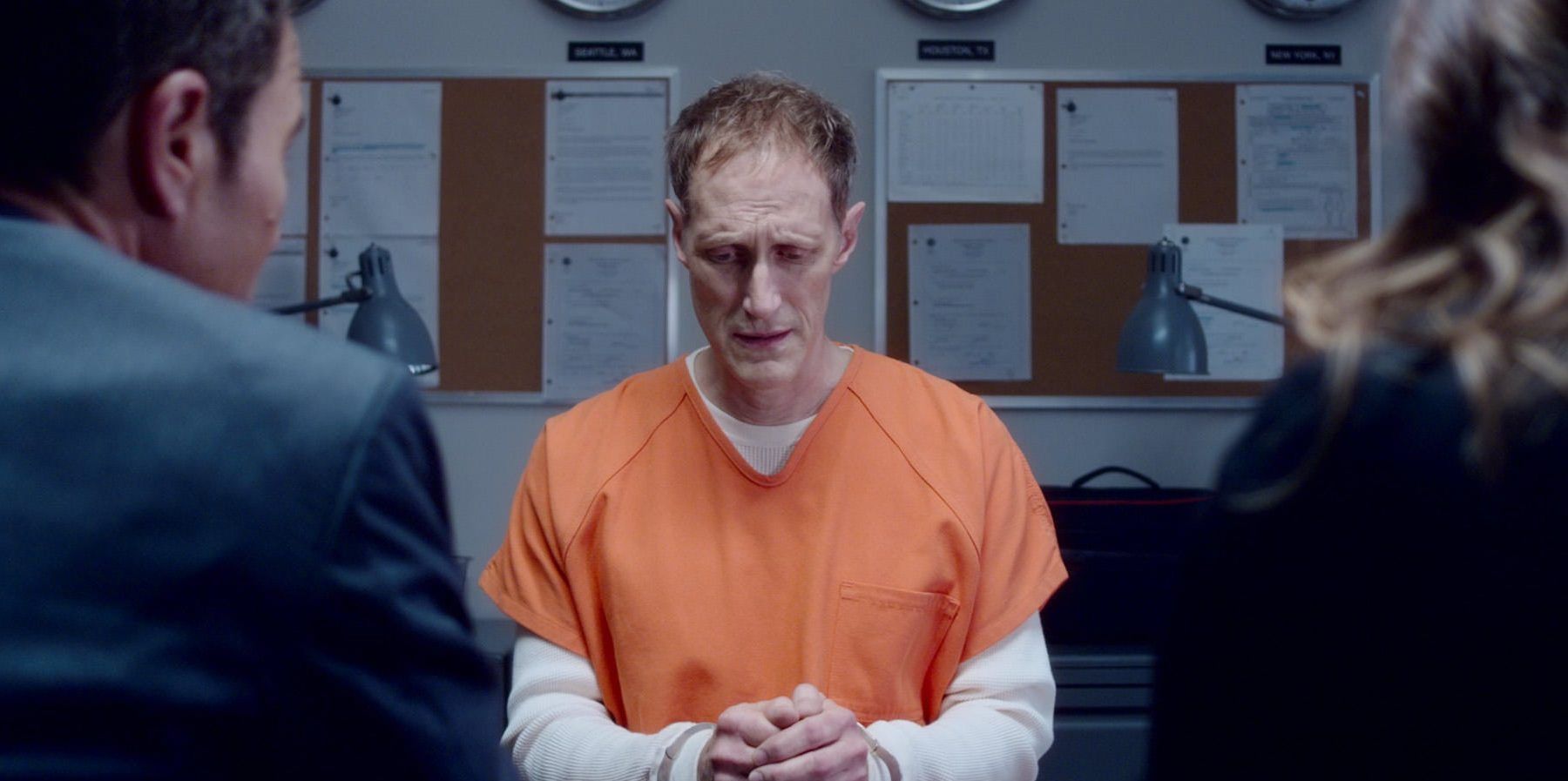
In terms of general relativity, a singularity is when the measurements of a gravitational field around something like a black hole theoretically becomes infinite and therefore meaningless. Yet the singularity engine that appears in Travelers operates under the principle that gravitational singularity can generate more power than an average nuclear reactor.
Though this is certainly a far-fetched notion, it becomes the cause of a major disaster which gets prevented by a Traveler possessing the body of Andrew Graham (shown above) in the third season episode "Archive". So while singularity engines may not be an actual thing, it may be possible to utilize energy from black holes according to BBC Future.
9/10 Antimatter Nearly Causes A Disaster
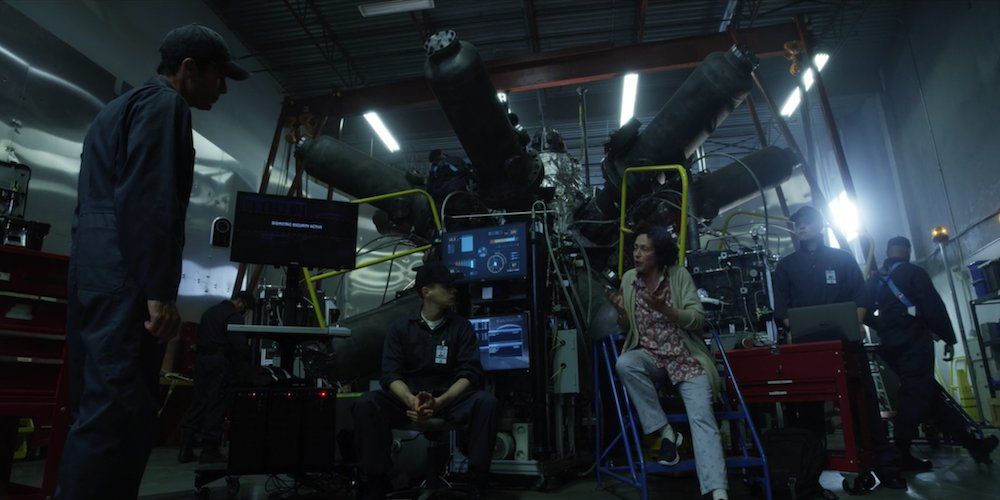
If singularities seem like a difficult concept to understand, they have nothing on antimatter. With an opposite charge to matter-based particles, their mere existence can cause a great deal of energy when they come in contact with their counterparts. They are also a favorite topic in science-fiction stories, and Travelers is no exception.
Within the episode "Protocol 6," the Travelers have to prevent an antimatter device from going off as it will cause lots of deaths in the near future. Though the idea of using antimatter as an energy source is far from achievable, Symmetry Magazine claims it is currently being studied to fuel rocket engines.
8/10 Climate Change Becomes Irreversible
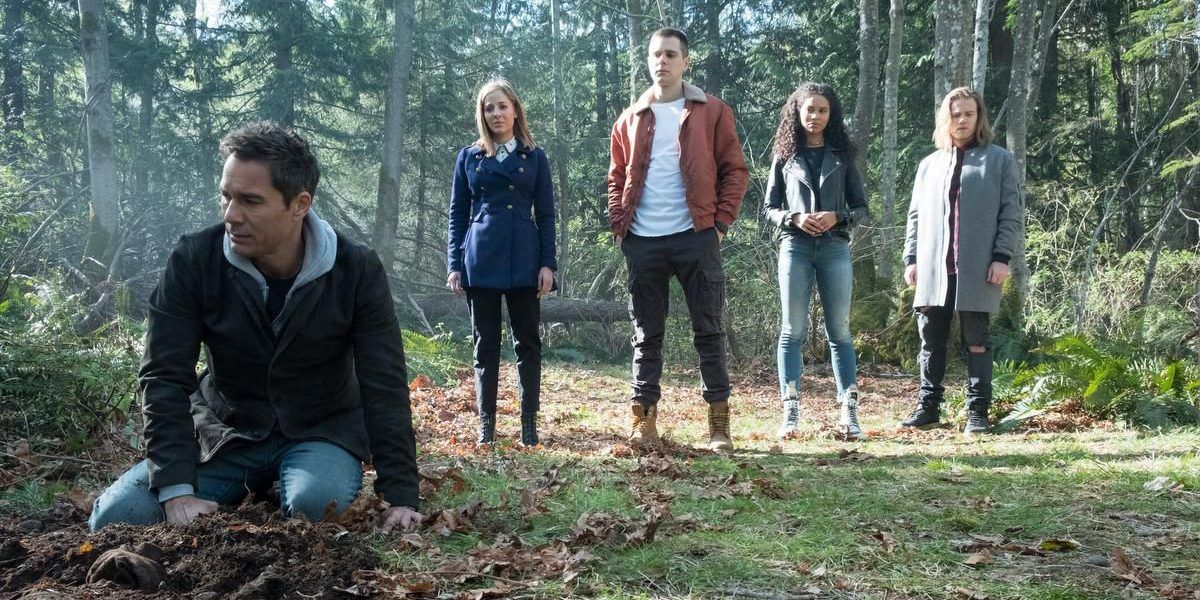
For several decades, the subject of climate change has been a polarizing subject in politics despite the piles of scientific evidence that support it's really happening. In fact, the United Nations made a recent report that we only have roughly 11 years before the damage caused by climate change becomes irreversible.
How Travelers handles this subject is by having the time-traveling agents prevent an asteroid from colliding with the Earth in the episode "Helios-685" as it would supposedly accelerate severe climate change. But in the end, this intervention doesn't change the outcome implying it might be an inevitable reality in our lifetime.
7/10 The United States Elects A Female President

Despite the 2016 Presidential Election not going in Hillary Clinton's favor, that hasn't stopped shows from imagining the possibility of a female president being elected in the United States. One such example is Veep, which takes a comedic approach to the subject, and another appears in Travelers within the episode "21C" in the second season.
In it, the Travelers are tasked with protecting a young girl named Anna Hamilton (the one on the left) who will grow up to win a presidential election. Though the outcome of their actions is unclear, it shows the optimism that some people have regarding gender equality.
6/10 Nuclear War Occurs
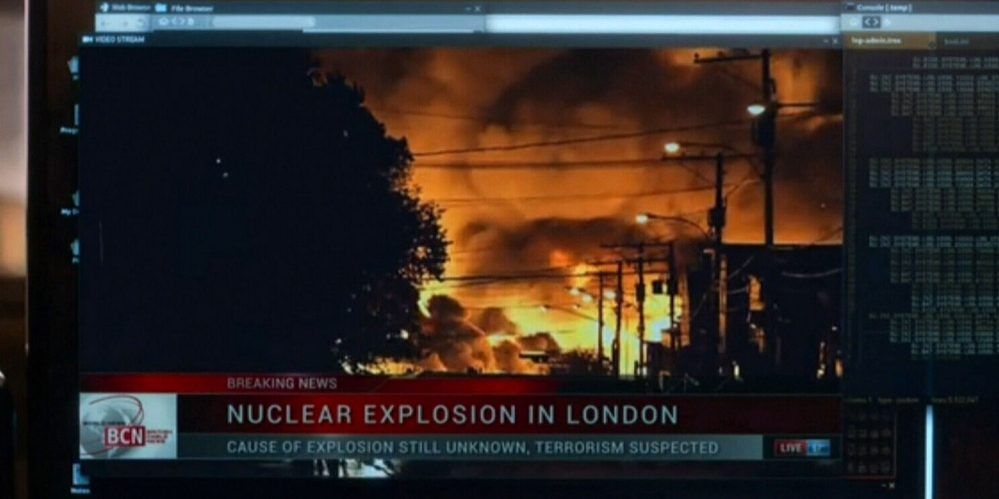
A common trope in a lot of post-apocalyptic future stories, nuclear war is a fearful scenario that arguably began during the Cold War when Russia and the USA were at odds with each other. Today, this possibility still hangs over us given the mounting tensions with certain countries.
This is shown in the final episode of Travelers titled "Protocol Omega" where nuclear detonations occur in England, Russia and China with the United States getting blamed for them. As a result, the Travelers attempt to prevent the impending nuclear war despite disobeying orders yet it's unknown if they succeed or not.
5/10 Survivors Live Inside Underground Shelters
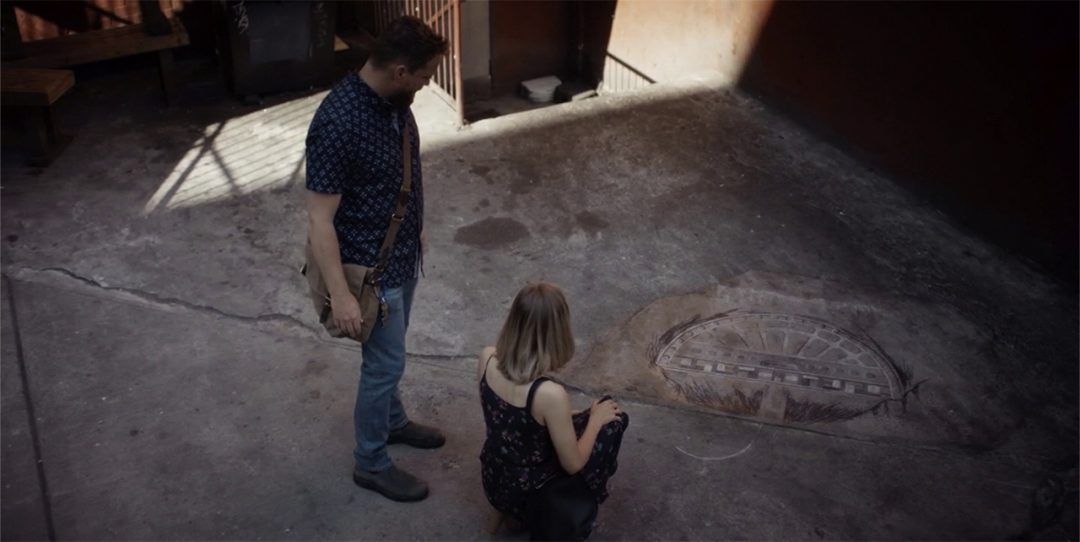
Due to the possibility of a nuclear war, some people invest money into creating underground shelters for the sake of avoiding the radiation that would follow such an event. While this practice continues today, the idea of surviving humans living in underground shelters has been explored in science-fiction and even popularized in the Fallout video game series.
While Travelers never shows what the future is like, the agents do talk about living in underground shelters (as illustrated above) following the nuclear war that does happen in their timeline. In fact, there's an episode in the first season called "Room 101" that brings up one called Shelter 41 whose existence depends on which timeline the agents came from.
4/10 Graphene Becomes A Valuable Material

For those who've never heard of it, graphene is an alternate form of carbon that appears as two-dimensional hexagons on an atomic scale. Property-wise, it is stronger than steel and efficient at conducting things like electricity.
Because of this, a lot of research is currently being done with graphene to see if can be used in electronics and as a battery. In Travelers, graphene is a major component in the technology the agents bring from the future including their communication devices and nanoscale robots that heal their bodies implying the incredible value of this material.
3/10 Nanotechnology Replaces Traditional Medicine
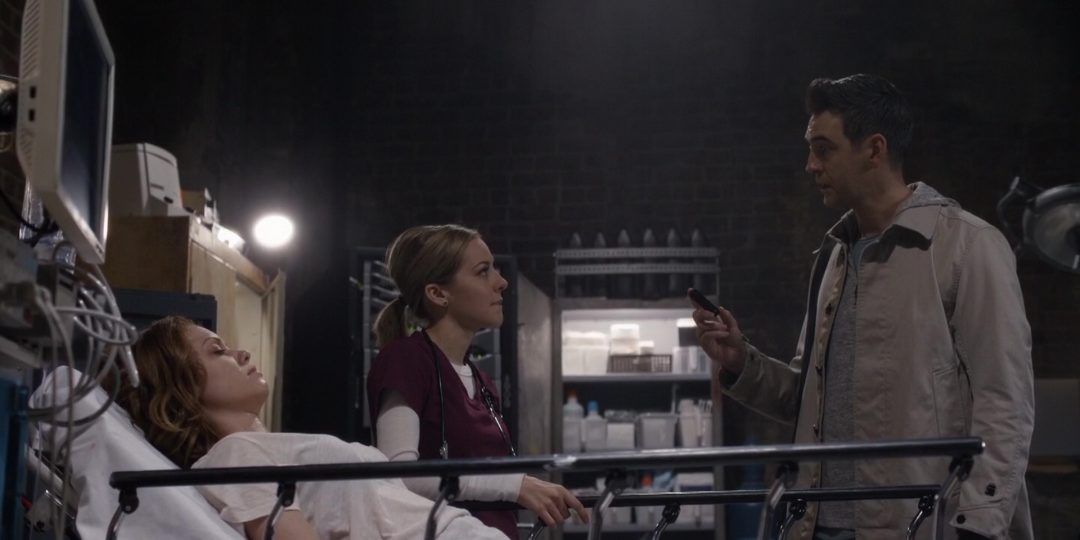
Despite being in the early stages of development, nanotechnology presents a revolutionary new way of making materials by manipulating matter on a smaller scale which can be atomic and/or molecular. Hence, tons of money is being poured into research on the applications of nanotechnology which includes medicine among others.
So naturally, many sci-fi movies and TV shows have featured nanotechnology in some form including the new Rooster Teeth web series gen:LOCK. It also plays a large part in Travelers, where in the future people are healed by being injected with nanoscale robots referred to as "Nanites" that fix most injuries as was demonstrated in the episode "Bishop" making traditional medicine practically obsolete.
2/10 An AI Rules Over Humans
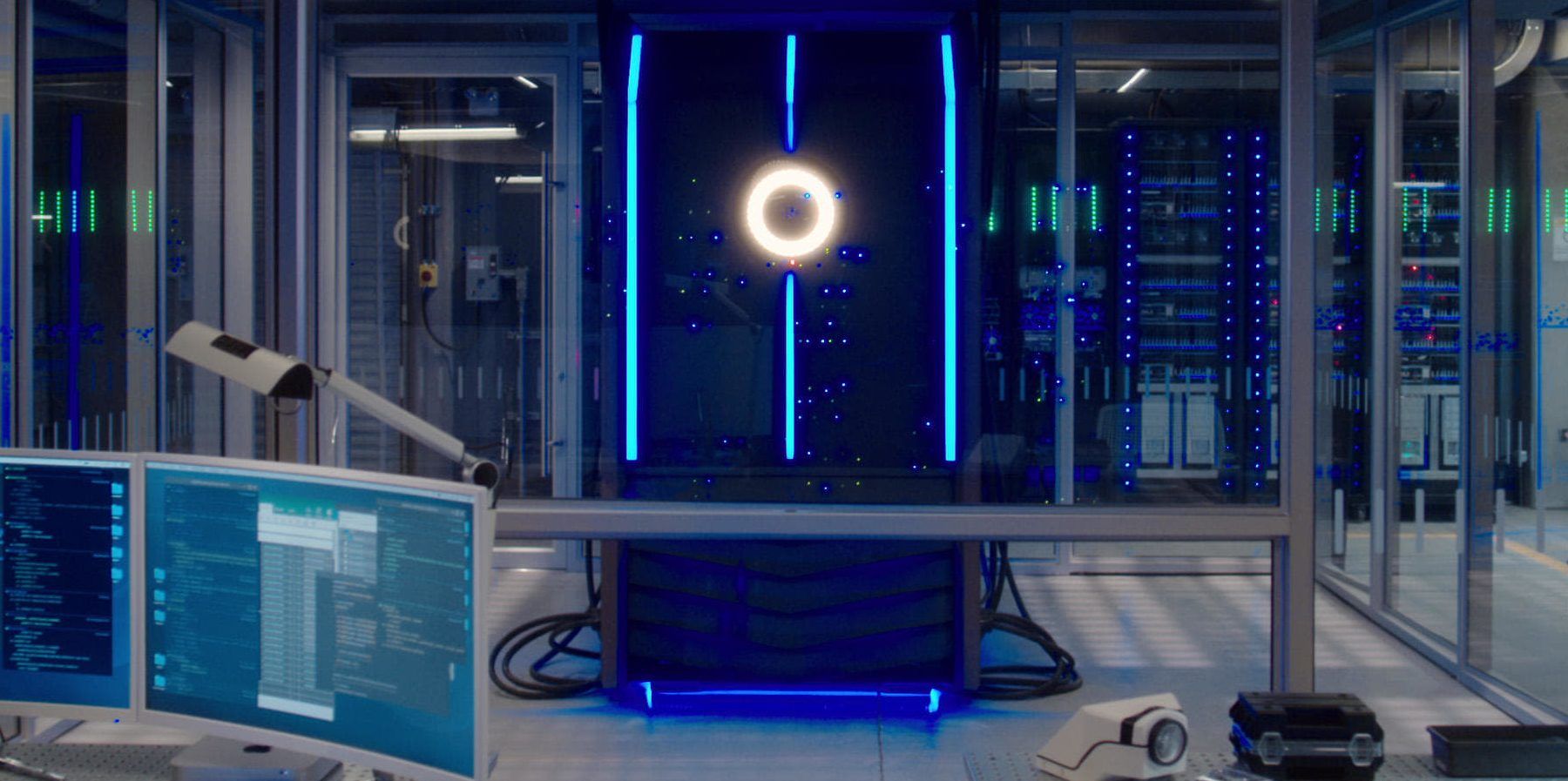
With the increasing development of Artificial Intelligence (or AI), its capabilities become more advanced. This in turn is met with both wonder and fear as we ponder the scenarios of what a future with fully functioning AI would look like.
In sci-fi, though, this tends to be depicted in a malevolent light with countless examples from 2001 to Terminator and others. In Travelers, it's revealed that an AI called the Director rules over the surviving humans with the ability to take over other AI such as Ilsa (shown above) and prepubescent children as part of its Messenger program. While the Director isn't initially seen as an antagonist, the show eventually frames it as such.
1/10 Time Travel Becomes Possible
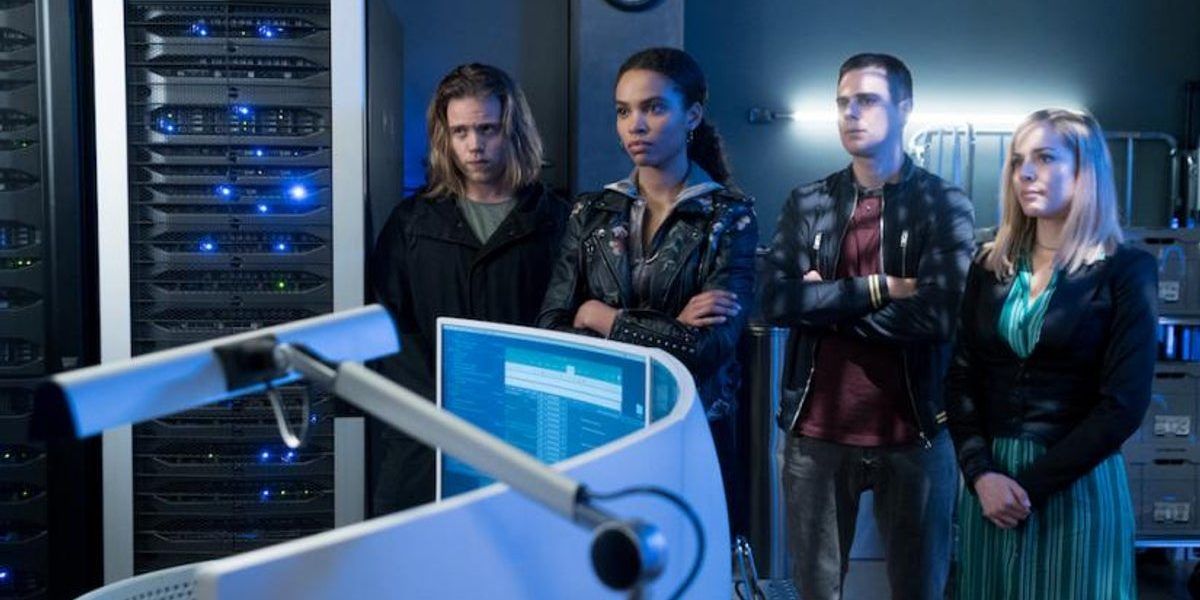
Arguably one of the oldest tropes in science-fiction, the ability to travel to any point in time has been a curious fantasy that is sadly far from a reality. Yet how science-fiction stories depict this concept is different, from actual devices as seen in Doctor Who to mere text messages in the visual novel series/anime Steins;Gate.
How this is handled in Travelers is through the transfer of consciousness from one person's mind to another using an AI that's capable of quantum computing, which is currently an experimental form of computation that if perfected could do more than a regular computer can. Yet it is interesting that such a thing is possible, given the post-apocalyptic future that Travelers hints at.
sparkgragairehe36.blogspot.com
Source: https://screenrant.com/things-revealed-future-travelers-netflix/
0 Response to "Is Netflix Going to Continue the Travelers Series"
Post a Comment